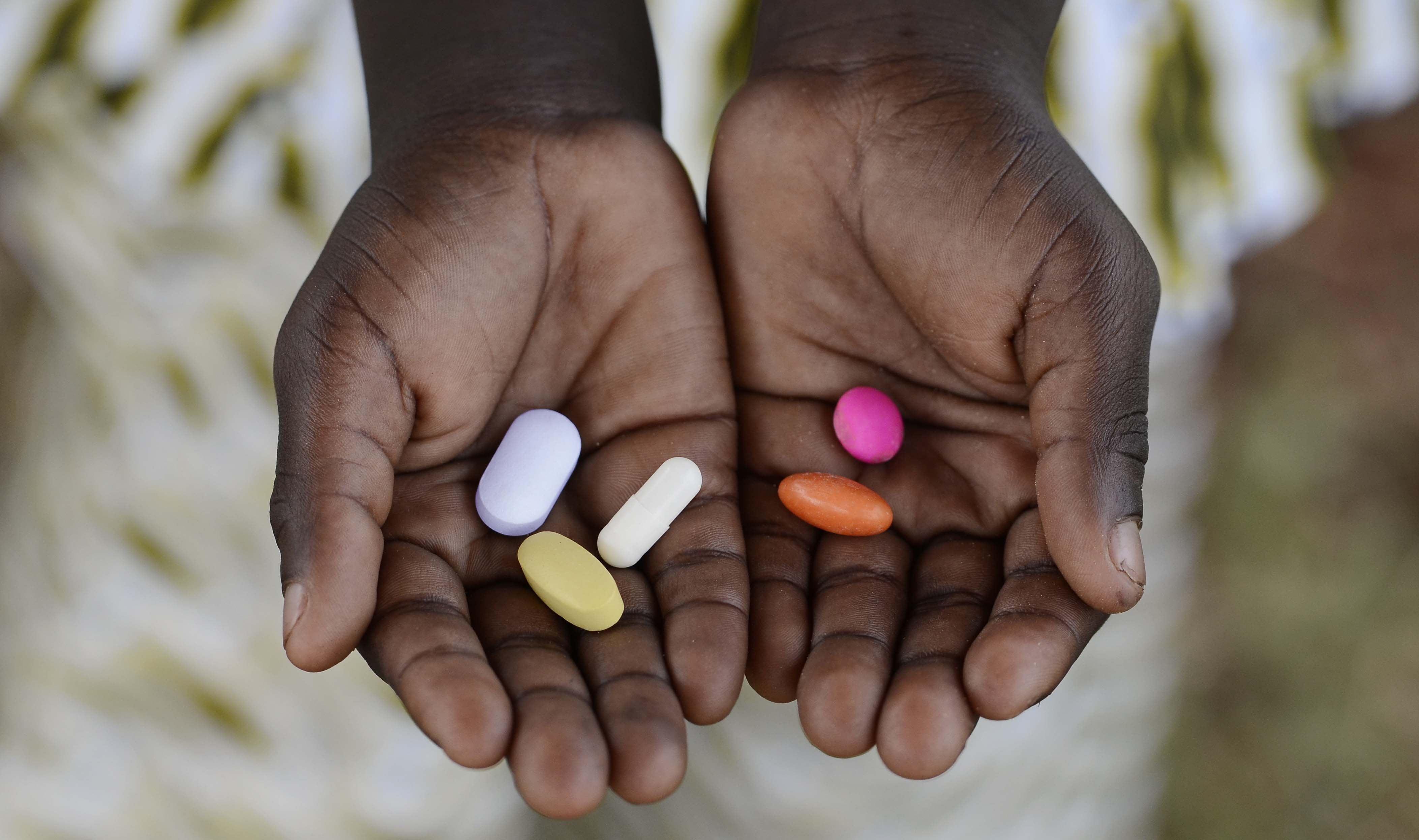Causes
Women are dying as a result of complications that arise during and following pregnancy and labor.
In most cases, the complications are preventable or treatable. Conditions that exist prior to the pregnancy might also be aggravated if not managed properly by a healthcare worker.
Major complications that account for 75% of all maternal deaths include:
- Infections (usually acquired after childbirth)
- High blood pressure during pregnancy (pre-eclampsia and eclampsia)
- Unsafe abortions
- Issues during delivery process
- Severe bleeding (commonly after childbirth)
The remainder of the complications are caused by or associated with diseases such as malaria, HIV/AIDS, and cardiovascular disease.
Treatment
Technological advancements have allowed healthcare workers to effectively combat these complications. Common preventative measures include access to antenatal care, proper care during childbirth, as well as care and support in the weeks following the pregnancy.
Severe bleeding postpartum can kill the healthiest woman within hours if left unattended. The injection of oxytocin immediately following the birth can reduce the risk of bleeding out.
Hypertensive disorders such as preeclampsia are treated through early detection and managed delivery to minimize maternal and fetal risks. A popular drug to administer for this complication is magnesium sulfate, which lowers the risk of convulsions due to eclampsia.









